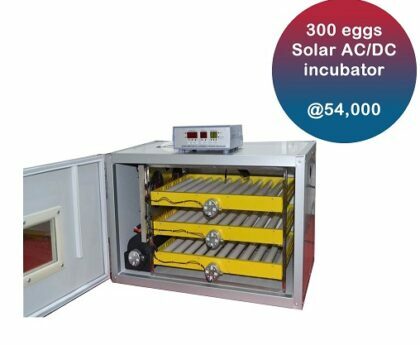Solar incubators are devices that use solar power to provide a warm and stable environment for hatching eggs. In Kenya, solar incubators have become increasingly popular in recent years as they offer an affordable and sustainable solution for small-scale poultry farmers.
There are several organizations and companies in Kenya that are involved in the production and distribution of solar incubators. One of the most well-known is the Kenya Climate Innovation Center, which provides support and resources to entrepreneurs and innovators in the country. The center has helped to develop and distribute solar incubators to farmers across the country.
Other companies that produce and distribute solar incubators in Kenya include SolarPipo, a startup that produces small-scale solar incubators for farmers, and Renewable World, an international organization that focuses on bringing renewable energy solutions to communities in developing countries.
Solar incubators offer several advantages over traditional incubation methods. They are more affordable to operate, as they do not require electricity or other fuel sources. They are also more environmentally friendly, as they do not produce greenhouse gas emissions like fossil fuel-powered incubators. Additionally, solar incubators can be used in remote areas where access to electricity is limited.
Overall, solar incubators have the potential to improve the livelihoods of small-scale farmers in Kenya by increasing their productivity and income. By providing a sustainable and affordable solution for hatching eggs, these devices can help to support the growth of the poultry industry in the country.


